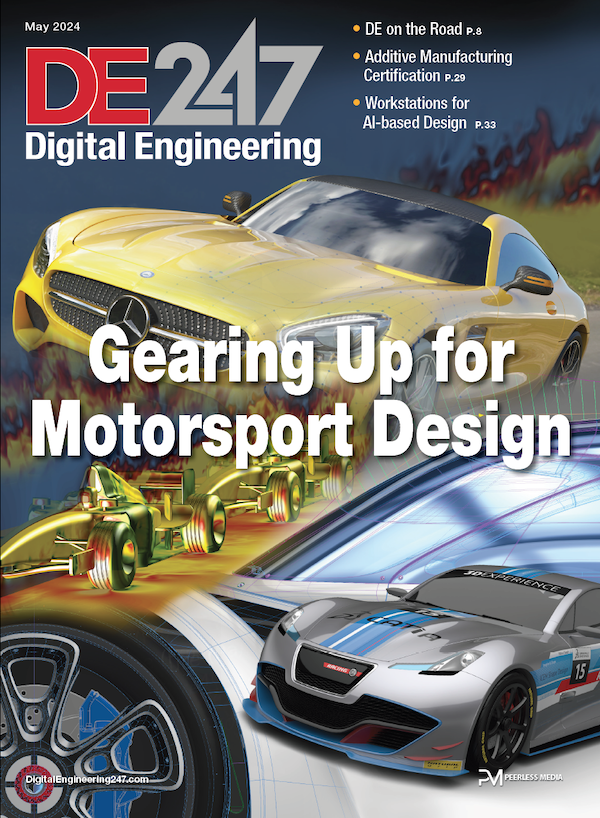A Second Look at Generative Design
Generative design is a way to take some of the trial-and-error drudgery out of initial design work and get the engineer to the best design faster.
Latest News
May 17, 2021
Generative design continues to be a very promising technology that has not quite caught on yet. According to our own reader survey data from last year, just 15% were using the technology, while 17% had never even heard of it.
There are a variety of reasons for this, but I think part of the problem remains the way generative has been presented to the market and perceived by users: as a method of topology optimization best suited for lightweighting and additive manufacturing.

But generative is really a tool that should not be tied to any particular manufacturing process or optimization scheme. It is a way to take some of the trial-and-error drudgery out of initial design work and get the engineer to the best design faster. That only works if the engineer is able to feed the correct parameters into these solutions, and not every generative design software offering can provide that capability right now (at least not for every use case).
So in this issue, we are taking a look at how engineers can differentiate between generative design and topology optimization, as well as the evolution of easier-to-use simulation tools that can support this methodology.
Writer Beth Stackpole also walks us through the ways software providers and end users are applying generative design principles to other types of simulation and design problems (like flow) and traditional manufacturing processes. This is where the rubber really meets the road, as potential users need to be able to see how the technology can benefit them outside of simply finding the best way to pull weight out of a given part. The article also discusses how generative principles can help guide users to finding the most cost-effective manufacturing method that meets their design parameters.
Elsewhere in the issue, we take a look at how efforts to shore-up the U.S. manufacturing supply chain, and the role 3D printing and other technologies could play.
Contest for Engineers
I also want to call your attention to two important events. First, Digital Engineering has launched a contest (in conjunction with the Advanced Product Developed Resource Center) to showcase our readers’ innovative engineering projects. The Celebrating Engineering Innovation Contest will run through May. Entrants have a chance to win an NVIDIA Quadro RTX 6000 graphics card. Learn more here.
CAASE 21 Coming Up
We are also gearing up for the Conference on Advancing Analysis & Simulation in Engineering (CAASE21) virtual event on June 16. This is the fourth CAASE event we have produced in partnership with NAFEMS Americas. CAASE21 will feature a keynote on the development of autonomous vehicle technology, and four sessions highlighting advancements and use cases simulation technology, additive manufacturing, digital twins, and other technologies. Learn more about the event and register here.
Subscribe to our FREE magazine, FREE email newsletters or both!
Latest News
About the Author
Brian Albright is the editorial director of Digital Engineering. Contact him at [email protected].
Follow DE





